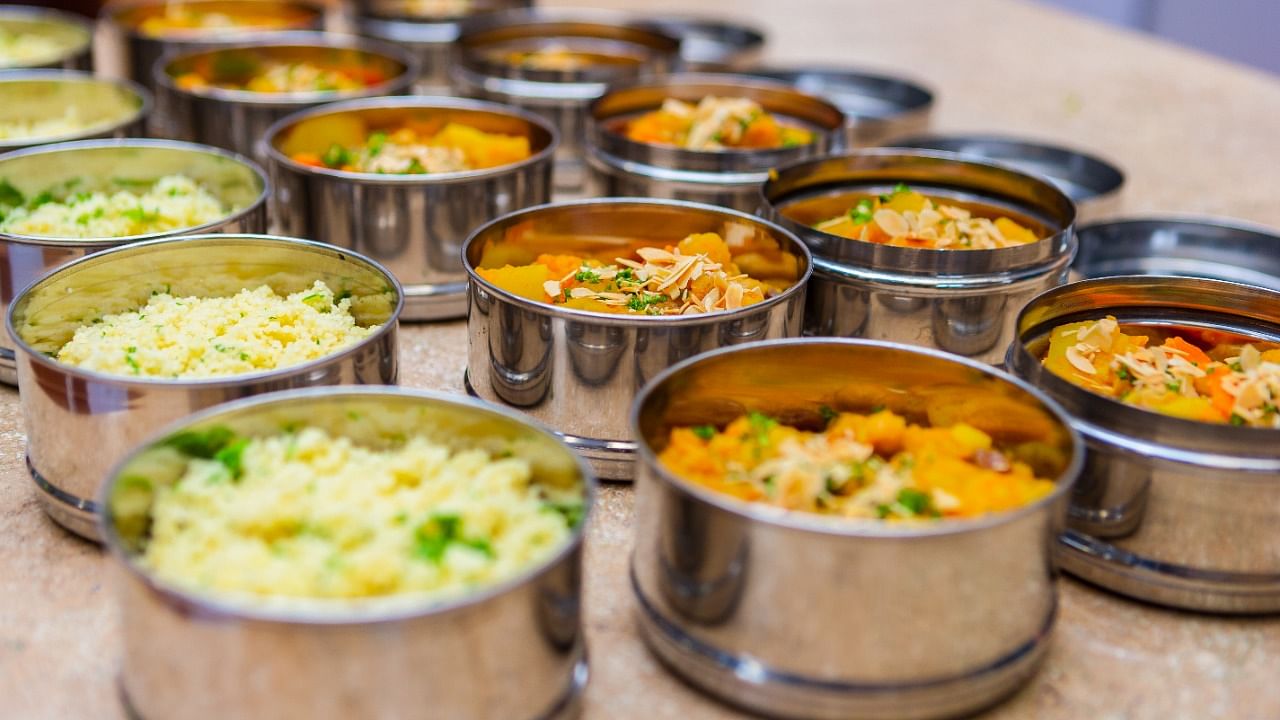
“For what do we live, but to make sport for our neighbours and laugh at them in our turn?” asked Jane Austen’s Mr Bennett.
Had Mr Bennett been a middle-class South Indian of our time, he might have said: “For what do we live, but to send kootu to our neighbours and get vangibhath in our turn?”
The exchange of homemade goodwill is a common sight in our society and the usual conduit is the stainless steel dabba, or its upstart rival the Tupperware box, changing hands across neighbours’ walls and travelling up and down apartment complex floors. Or making its way across town inside a deliveryman’s carrier.
Sometimes shiny, sometimes scarred and dented, the dabba brings not only something to eat but an unwritten message with it. The giver is saying: “I made this, and thought of you,” or “Sorry you’re unwell, get well soon,” or sometimes just “Yes, yes, we’ve had your avakai, but THIS is what it should taste like!” And very often, it comes back bearing gratitude in the form of something sweet or spicy, or at least the complimentary apple.
The containers go back and forth in a chain of benevolence that might well be endless but for callous breakers of the cycle. These are people who just neglect to return them or those who send them off thoughtlessly to someone else. In the households of the former, they languish in a kitchen cupboard with other orphans, dull and lid-less. And the latter, who think nothing about giving your dabba away to someone else, eventually get themselves into a blacklist. They find that the chaklis and chutney pudis that were once so obligingly pressed upon them begin to dwindle and soon stop coming altogether. I’ve even heard a stickler compare these defaulters to nurses who switch babies at birth. Sad but true— the same generous souls who want to ply you with goodies can turn curmudgeonly when the containers don’t come back.
Although recent years have seen the rise of disposables, nothing will do the job as well as a stainless steel dabba. Old-school snobs are even particular about the quality of the steel they allow into their kitchens. The house-proud matron can pick up a steel dabba at a store, tap a finger on it and reject it for not being the venerated “Salem grade.”
So, while some present-day kitchens have their stack of white disposables, and the thrifty among us might even hoard the rasmalai takeout boxes, nothing can dislodge the steel dabbas from their number-one status. And if you want to be part of the great game of give-and-take, you’ll know better than to breach the dabba protocol.